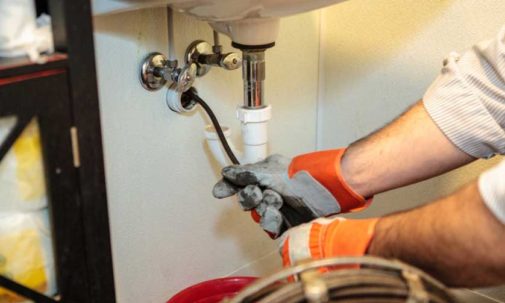Business owners have faced all sorts of challenges since the global COVID-19 pandemic hit, including lockdowns, customers with less money to spend, constant uncertainty, and travel worries. As the leader of your venture, you’re no doubt looking for ways to get back on track and start growing your business again.
While expanding overseas is probably out of the question until the coronavirus impacts lessen further, you might like to consider taking your venture ideas and offerings into another state. This expansion can help you increase brand awareness, your customer base, and, crucially, sales. However, it’s a big undertaking and needs careful execution. Here are tips to follow as you prepare to make a move.
Ensure Your Business Model Can Scale
First, determine if your current business model will scale effectively. While things may be smooth now, how will you feel once you have another office or location to manage? Will it be possible to meet the extra sales, operational, and administration demand with the team you currently have, or will you require more staff? How will you cope with managing two separate areas, especially if you’re not “on the ground” in the new location?
It’s essential, too, to consider the tech side of things. Work out if your current tech tools and systems can handle the likely additional workload. The technology you use right now might be fine for current needs, but not future ones. You may need to invest in more comprehensive, user-friendly procurement tools and inventory management systems or cloud-based task-management and communication platforms.
Having a scalable model means you can add and service clientele adequately yet not have to invest in so many new resources that the business expansion eats into your profits. Run all the necessary numbers before you go too far down the expansion path to ensure the return on investment will be worth it.
Work Out Which State to Expand Into
Don’t rush into expanding into a new state without knowing first if it’s the right place to move into. Ensure there’s enough customer demand. After all, just because a product or service works well in one state doesn’t mean it’s a guaranteed hit in another.
Do some testing before you commit too far. For example, sell goods at busy markets for a time or trial a pop-up store. If you run a service-based business, travel to the preferred state for a period and try to sign up new customers or attend key conferences or tradeshows. Another idea is to run a month-long advertising campaign in the new location to see what kind of interest you drum up.
Plus, research the competition in the new state. See who the main competitors are, how they operate, what they charge, and who they market to. Also, look into whether or not the area is growing or dwindling, sales-wise. There’s no point expanding into allocation where there aren’t good growth opportunities. Find out, too, how costly leasing or buying premises will be in the state you’re considering and if you’ll still have good access to suppliers, distributors, transport, etc.
Look into Legalities
Many entrepreneurs decide to start selling wares in an additional state but neglect to look into the legalities in that area. They come up against costly issues as a result. Avoid this mistake by researching relevant state laws and other regulations. There might be differences that make expansion untenable. For example, understand property sale and lease laws, taxes and duties, trading hour regulations, hiring rules, and workplace health and safety factors. Look into payroll tax rates, the licenses and marketing permits required, and other compliance issues. Do your due diligence upfront to save time and money later.
Decide on an Expansion Model
Another tip is to decide on the best expansion model before you get too far down the scaling path. The right option for your business will depend on many factors, including what you sell, your goals, the complexity of the market, and finances. Consider if you want to set up your own additional office or store, etc., in a new state and handle staffing requirements there to retain control, or if you’re better off using licensed contractors or setting up a franchising model. Each has pros and cons.
It pays to speak with business mentors who have experience in expanding interstate, as well as accountants, financial advisors, and lawyers for assistance in determining what’s best for your situation.
Moving into a new market can be lucrative and an exciting challenge, but don’t take it too lightly. Get help from locals as needed to answer the questions that come up as you plot out your next move(s), and give yourself time to do things strategically and with as little risk as possible. This work will improve your chances of long-term success.


